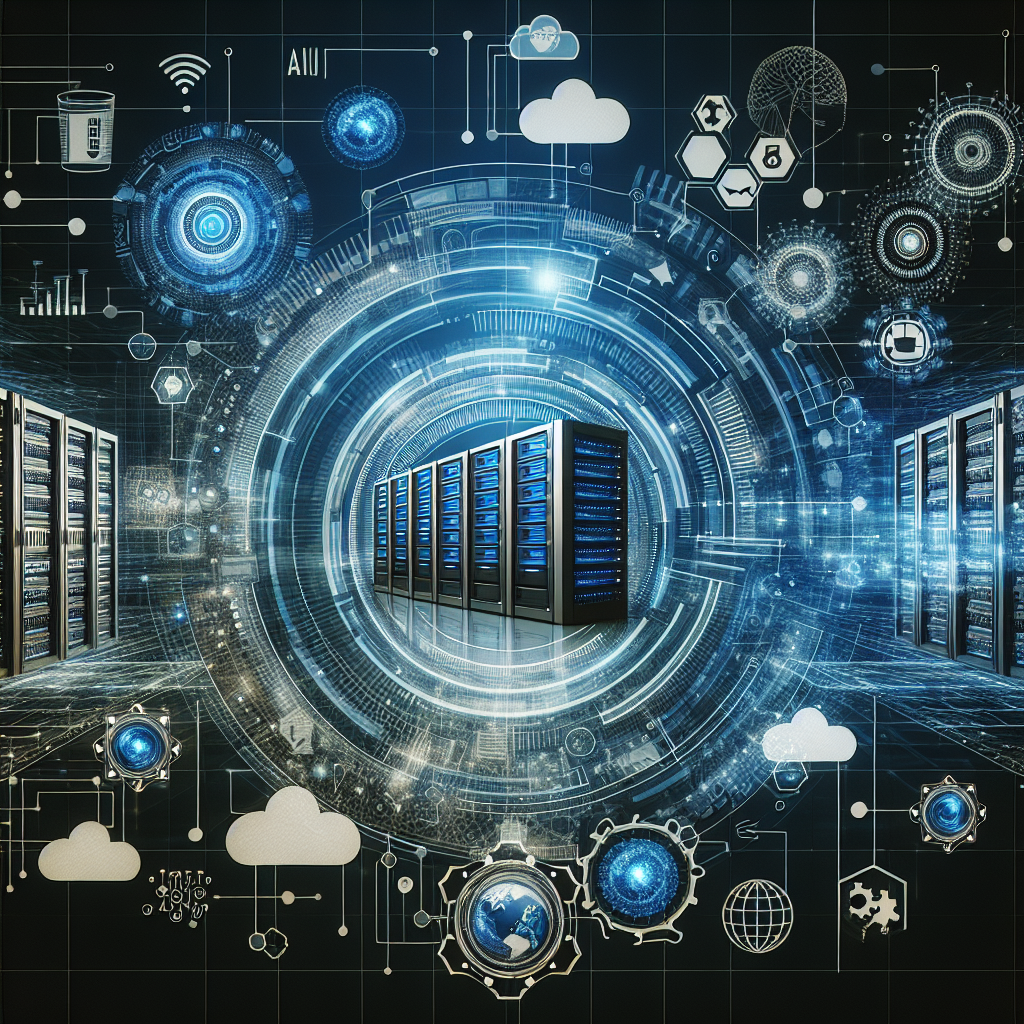Your cart is currently empty!
The Future of Data Center Resilience: Trends and Technologies to Watch

In today’s digital age, data centers play a crucial role in ensuring the smooth operation of businesses and organizations. These facilities house the computing, storage, and networking equipment that enable businesses to store and process vast amounts of data. However, as the demand for data continues to grow exponentially, data center resilience has become a top priority for IT professionals.
Data center resilience refers to the ability of a data center to withstand and recover from external disruptions, such as power outages, natural disasters, and cyber attacks, without impacting the availability and performance of critical services. As businesses become increasingly reliant on data centers to support their operations, the need for robust resilience strategies and technologies has never been greater.
So, what does the future hold for data center resilience? Here are some trends and technologies to watch in the coming years:
1. Edge computing: With the rise of IoT devices and the proliferation of data-generating sensors, the demand for real-time data processing at the edge of the network is increasing. Edge computing allows data to be processed closer to where it is generated, reducing latency and improving performance. As a result, data centers will need to be more distributed and resilient to support edge computing architectures.
2. Modular data centers: Modular data centers are prefabricated, self-contained units that can be easily deployed and scaled to meet changing business needs. These modular units offer greater flexibility and resilience compared to traditional data centers, as they can be quickly deployed in remote locations or in response to disasters.
3. Software-defined infrastructure: Software-defined infrastructure allows IT administrators to automate and orchestrate data center operations through software, rather than manual configuration. This approach improves agility, efficiency, and resilience by enabling rapid provisioning, scaling, and recovery of resources.
4. AI and machine learning: Artificial intelligence and machine learning technologies can help data centers predict and prevent potential disruptions before they occur. By analyzing vast amounts of data in real-time, AI-powered systems can identify anomalies and proactively take corrective actions to ensure the resilience of the data center.
5. Zero-trust security: Zero-trust security is a cybersecurity approach that assumes no entity, whether inside or outside the data center, can be trusted. By implementing strict access controls, encryption, and continuous monitoring, data centers can protect against insider threats and external attacks, enhancing resilience in the face of evolving cyber threats.
In conclusion, the future of data center resilience is evolving rapidly, driven by the increasing demand for reliable and secure data processing capabilities. By embracing emerging trends and technologies such as edge computing, modular data centers, software-defined infrastructure, AI and machine learning, and zero-trust security, organizations can ensure the resilience of their data centers in the face of evolving threats and challenges. As businesses continue to rely on data centers to support their operations, investing in resilient infrastructure and technologies will be critical to maintaining business continuity and staying ahead of the competition.

Leave a Reply